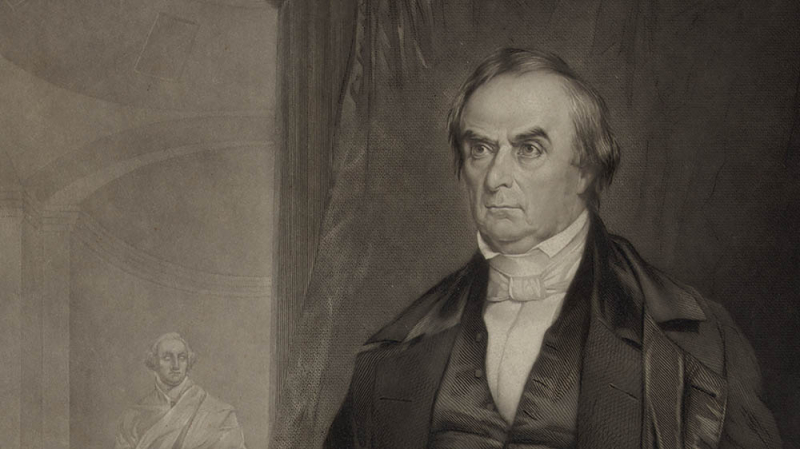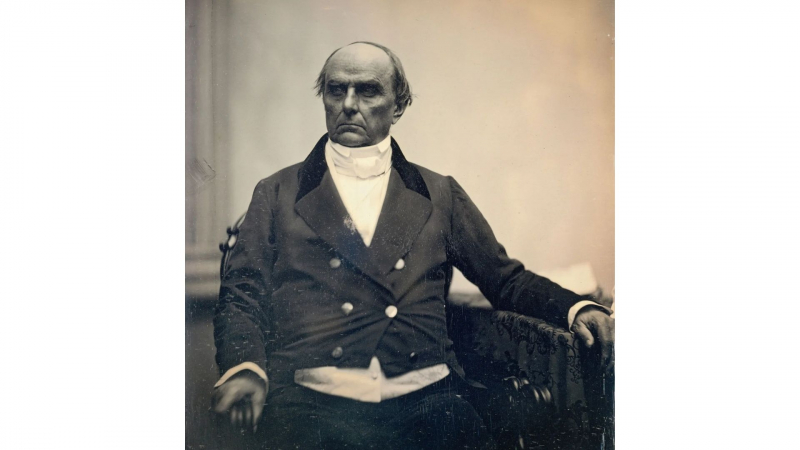He Entered US House Of Representative Twice

The United States had suffered multiple defeats in the War of 1812 by the time he initially entered the House of Representatives in May 1813. However, Madison's Democratic-Republican Party dominated the Thirteenth Congress, holding over two-thirds of the Senate's seats and over three-fifths of the House of Representatives members. Webster persisted in criticizing the conflict and railed against attempts to impose conscription, wartime levies, and a fresh trade embargo. By the end of the Thirteenth Congress, he had established himself as a reputable speaker on the House floor after being assigned to a steering committee that coordinated Federalist efforts in the House of Representatives. When word of the Treaty of Ghent's signing reached the United States in the early months of 1815, the war was over.
Webster agreed to stand for the United States House of Representatives in 1822 at the urging of Federalist leaders and Boston's economic elite. In December 1823, he was re-elected to Congress after winning the election. Speaker of the House Henry Clay gave him the position of chairman of the House Judiciary Committee in appreciation of his expertise in legal matters. In that capacity, he attempted to get a bill through the House that would have spared Supreme Court justices the inconvenience of traveling to remote western districts. Sadly, this bill didn't obtain a single vote when it was introduced in the parliament.








